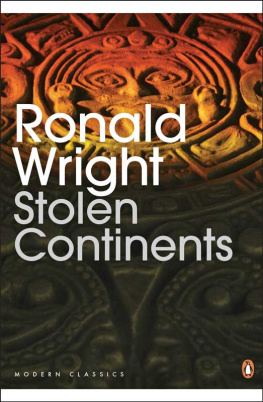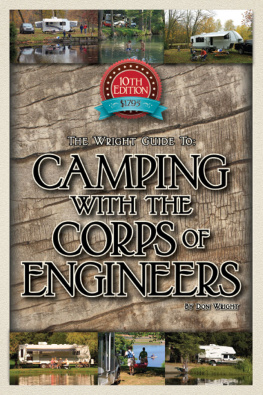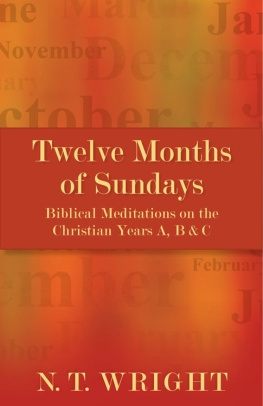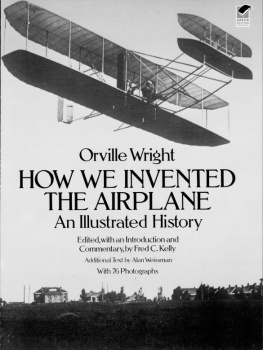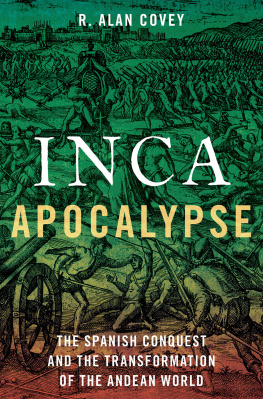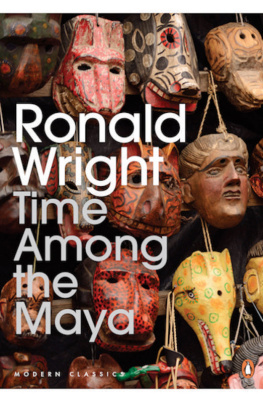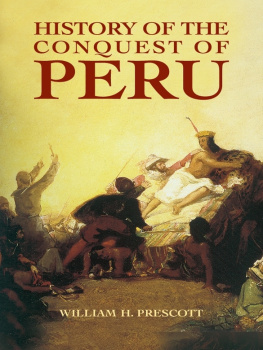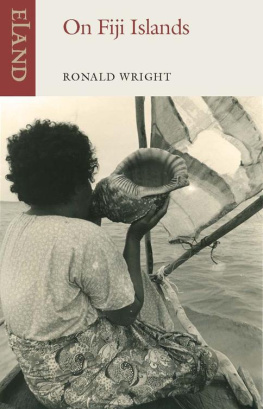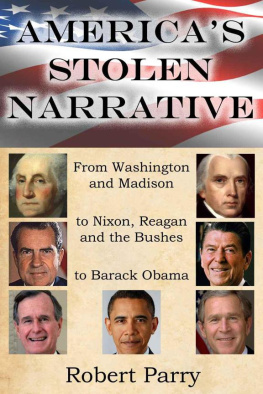PENGUIN MODERN CLASSICS
Stolen Continents
RONALD WRIGHT is the author of ten books of history, fiction, and essays published in sixteen languages and in more than forty countries.
A Short History of Progress, from his 2004 CBC Massey Lectures, won the Libris Award for Non-Fiction Book of the Year and inspired Martin Scorseses 2011 documentary film Surviving Progress.
Wrights first novel, the dystopia A Scientific Romance, won Britains David Higham Prize for Fiction and was chosen as a book of the year by The New York Times, The Globe and Mail, and The Sunday Times. His other bestsellers include Time Among the Maya, What Is America?, and Stolen Continents, a history of the Americas since Columbus, which won the Gordon Montador Award and was chosen book of the year by The Independent and The Sunday Times. His latest work is the novel The Gold Eaters.
Wright contributes criticism to The Times Literary Supplement and other publications. He has also written and presented documentaries for radio and television on both sides of the Atlantic.
Born in England to Canadian and British parents, Wright read archaeology and anthropology at Cambridge University and has been awarded two honorary doctorates. He lives on Canadas West Coast. Visit his website at ronaldwright.com.
JAN MORRIS is one of the best and most loved travel writers. She has written some forty books, including Coronation Everest, Venice, the Pax Britannica Trilogy (Heavens Command, Pax Britannica, and Farewell the Trumpets), and Conundrum. She is also the author of six books about cities and countries, two autobiographical books, several volumes of collected travel essays, and the unclassifiable Trieste and the Meaning of Nowhere.
When she is not travelling, she lives with her partner, Elizabeth Morris, in Wales.
Books by Ronald Wright
FICTION
The Gold Eaters
A Scientific Romance
Hendersons Spear
NON-FICTION
A Short History of Progress
On Fiji Islands
Time Among the Maya
Home and Away
Cut Stones and Crossroads
Stolen Continents
What Is America?
RONALD WRIGHT
Stolen Continents
CONQUEST AND RESISTANCE IN THE AMERICAS
With an Introduction by Jan Morris

For Robert Randall
19451990
Wayqi, hamawta, yachachiq
Friend, scholar, teacher
Contents
Introduction
by Jan Morris
In the year of our Christian Lord 1492, the Genoese Christopher Columbus set foot on American soil. So far as he knew, no European had ever been there before. Almost at once it was said that he had discovered a New World, and from that day nearly to our own the phrase has lived on in the consciousness of Europe. In the 1600s, Shakespeares Caliban was marveling at his brave New World. In the 1890s, Antonn Dvok wrote his New World Symphony. In the 1940s, Churchill prayed that the New World would come to the rescue of the Old. The idea of a new world, a new kind of world, had been sown in European thought and remained there ever after.
But of course Columbuss was never a new world in any mundane sensecertainly not geologically, and hardly historically, either. The Europeans of his day had already learned of ancient and advanced civilizations in Asia and North Africa; they were merely unaware of parallel developments in the Western Hemisphere. To speak of a new world beyond the western ocean, when they knew nothing whatever about it, became an early symptom of the European conviction that the people of their portion of the globe were unique, preeminent, and eventually entitled to rule much of the rest. Even the name they eventually gave the continent was all their ownthey named it after an Italian, Amerigo Vespucci.
Ronald Wrights celebrated Stolen Continents guides us compassionately through the beginnings and the effects of that gigantic misconceptionthe belief that the continent of America, north and south, was without civilizations. Wright, himself an English-born Canadian, has set out to record the fates of the millions of indigenous American peoples, loosely characterized down the centuries as Indians, who found themselves discovered by Columbus and his successor conquistadors, and subjected to their ambitions and ideologies. He develops the theme from its fateful beginnings to the present day, and what he has achieved is a grand, terrible, and profoundly moving allegory of the human condition as a wholestolen continents in several senses, for it is not a simple allegory.
For one thing, its beginnings were partly organic, in that the Europeans brought with them an apparently otherworldly evil, the plague. Smallpox in particular had never been known in the Americas, but hardly had the Europeans arrived than it killed millions of indigenous peoples. It really was as though they had brought with them some unimaginable weapon of war, confronting the local forces of myth and magic. As a contemporary observer remarked, When the Spaniards faltered in war, God saw fit to send the Indians small-pox.
Then again, while there seems little idealism to the onslaught of the conquistadors themselves, who appear to have been inspired chiefly by motives of greed, national pride, derring-do, and grandiloquence, they were also armed with the power of religionthe Christian religion, with its age-old conviction that the only one God was its own mystical divinity of Jehovah and Jesus. When Francisco Pizarro arrived in Peru in 1527, he immediately ordered the Indians to recognize the Catholic Church as their Mistress, the Pope as her High Priest, and the King of Spain as her representative Ruler and Lord King. The Franciscan brand of Christianity was entrusted with the duty of implanting the faith in the New World, and its crusading friars proved mighty allies of the conquistadors and their successors.
And finally, advanced as the Indians proved to be in the arts and sciences, they were not big on technology. They had no guns.
WRIGHT TELLS us that there were some hundred million American Indians alive before the plagues, and he concentrates on five principal homelands, each with its own language, traditions, and gods.
The Aztecs, in todays Mexico, were the first victims of the conquistadors. Their culture was complex and advanced, their economy was well developed, their capital was one of the earths largest cities, and their society was sophisticated. Their religion, however, was particularly un-Christian, indulging in strange rituals and human sacrifice. They were ruled by a hereditary monarchy, and the bloody story of its extinction by the Spaniards was to resonate down the centuries.
Not far away were the Maya, who lived in a complex of city-states more or less centered in present-day Guatemala. Their brand of civilization was advanced and subtle too. Although they were past their creative prime by 1492, they made lovely things, built immense pyramids, invented zero, wrote thousands of books in their own script, and Wright tells us they refined the length of the average lunar month to within twenty-four seconds of the figure determined by atomic clocks.
Then to the south were the formidable Incas, whose territories were centered in Peru. Theirs was an imperial society of magnificent variety, intellectually sophisticated, religiously complex, marvelously rich in myth and legend, and burgeoning with works of art and architecture that were to astonish mankind for ever after.
Finally, to the north, from the modern Carolinas far into Canada, were the territories of the big farming tribes, which were eventually to enter the worlds consciousness in a different way. The Spaniards reached them too, but they were to become the archetypal Indians of the United States of Americagroups that included the Cherokees, Iroquois, and Mohawks, who were paradoxically to figure one day as villains and heroes of the conquerors own folklore.
Next page
